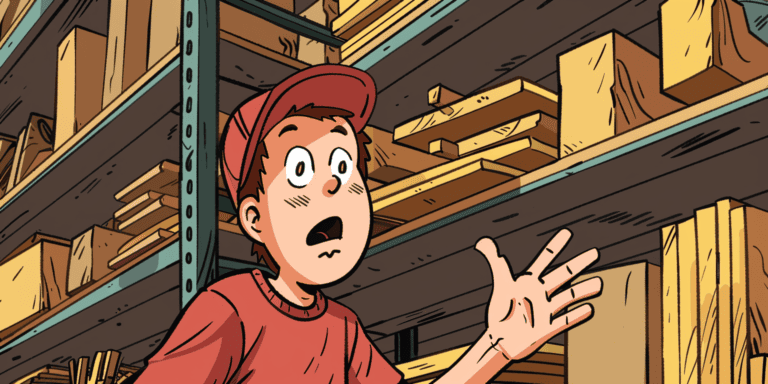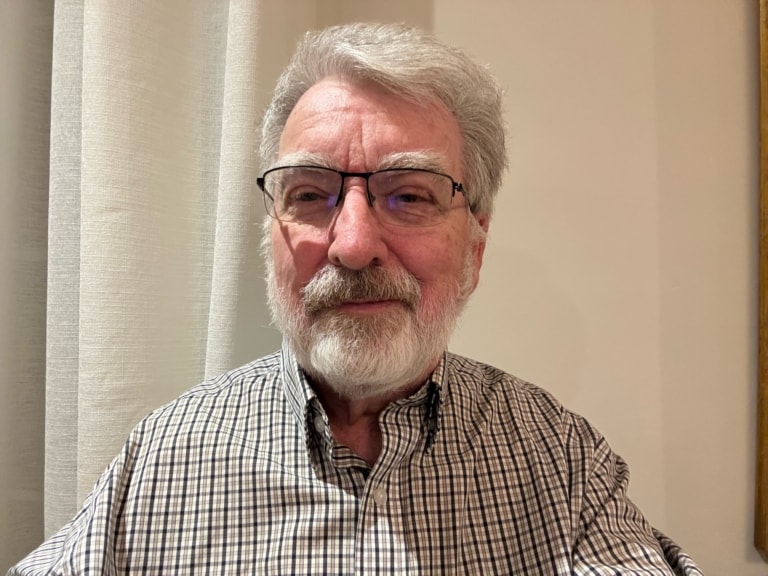Dr. William Brown
Special to The Lake Report
It seems ages ago since the pall of the advancing COVID-19 pandemic descended on the world.
What began in China in late 2019, soon overwhelmed that country, threatened the same in South Korea and not long after, followed with devastating assaults on Iran, Italy, then Spain, the rest of Europe including the United Kingdom and now is rolling throughout the United States with the epicenter in New York City and other American cities to follow.
And who knows what Canada’s fate will be – like Italy and NYC or more like Singapore and Korea? I’m guessing the former but hope for the latter.
In the space of the last two to three weeks life changed profoundly in Niagara-on-the-Lake – the streets are strangely quiet, walked by few residents singly or as couples, past closed businesses, hotels and restaurants. Those walks are accompanied by wariness toward others not keeping their distance and the prospect of prolonged loneliness for those living alone, especially older folk.
The challenges of COVID-19 are that it is so highly contagious, capable of making upward of 20 per cent of those infected seriously ill and threatens to overwhelm our health care system.
That’s precisely what’s happened in China initially, tragically now Italy and Spain and soon I fear, the United States, where, in each case, containment measures were one step behind the spread of the disease and thousands became seriously ill, overwhelming the systems.
Slow off the mark initially, China stepped in forcefully and managed to contain the spread of the disease such that new cases are uncommon now. And South Korea, Japan, Singapore and Taiwan in their own ways have all managed to keep a lid on the disease through aggressive measures.
Italy is the poster child for what can go wrong and New York City and other large metropolitan regions in the U.S. look like they're headed in Italy’s direction – too many serious cases, too few acute care beds, too few test kits for the virus, too few professional grade face masks, too few ventilators and too few and now too many tired, front-line health care workers. That’s the formula for failure. That’s Italy and could be here.
Those pressures force the health care system to prioritize care, after all if you don’t have enough resources to manage everyone and the pressures threaten to overwhelm the system, then decisions need to be made about who to treat and who not.
That again is the Italian story – they had to make tough decisions. Where and when the staff was overwhelmed and too few ventilators were available, they were allotted to those most likely to survive with the longest life ahead of them.
Those looking after the sick – because of limited human and technical resources, especially ventilators – face choices every day. Do they provide full bore management including a ventilator, should it come to that, for all comers on a first come, first served basis? Or should younger patients who stand a better chance of surviving and a longer life ahead of them, trump the old who have fewer years ahead and less chance of surviving the acute illness?
Physicians and others have wrestled with these issues for some time and the consensus of international opinion is that the first priority should be given to protecting the nurses, physicians and others in the health care system who, because of their jobs, are most at risk – after all, without them, we’re all in deep trouble.
Second priority should be given to those in mid-life and younger whose overall prognosis is better and even if severely affected, stand the best chance of recovering compared to those over 60 or perhaps 70, especially if the latter have one or more chronic diseases. Those are rough guidelines, recognizing that some healthy young die, no matter what is done to save them, and some severely affected older patients recover. Such is the nature of this disease and chance.
What about the trade-off between near full lockdown and serious damage to the economy? Keeping the economy going isn’t simply a matter of feathering the nests of the one percenters and protecting the investment portfolios of others but trying not to destroy the jobs of many who struggled to make ends meet even when the economy was humming along.
The trouble with locking down so many businesses for too long is that many will go under and not recover once COVID-19 is a memory. There’s the social cost too, for as much we might busy ourselves streaming movies and connecting on social media, there’s a limit to isolation, especially for those living at home in solitary confinement, whether they’re electronically wired to the outside world or not.
Humans are after all a very social species, and my guess is that the seen and unseen toll of too much isolation will be high should physical social isolation go on too long. After all, some prison systems use isolation to punish inmates. Even in the Battle of Britain at its worst, people weren’t isolated from one another, except for children who were farmed out to the countryside from London and other prime targets, for much of the war.
Their cities might have been destroyed, but as long as the people could see that they were in it together, it was hard to break their morale, even with the worst of repeated bombings in Europe and Japan on both sides in the Second World War. I’m not sure social media would turn the same trick – are you? So, the trade-off is prioritizing the sick while risking the health of the economy and the community. Those are questions to seriously talk about.
There’s yet another issue. In our mad dash to protect ourselves from this coronavirus, we’re jeopardizing the health of many because of mass cancellations of health care appointments and surgical procedures. Again, that may work in the very short term, but is no solution for the long-term.
If it took a year for a joint replacements three months ago, what will it be after six months of prioritizing the pandemic over these and countless other health and dental care issues? Or perhaps we’ll find out that we really didn’t need to see our doctors so often, or even that we don't need to see them at all, except by phone or electronically!
The experts tell us that COVID-19, like the flu, may become a recurring problem, albeit muted by herd immunity and an effective vaccine – we hope.
Dr. William Brown is a professor of neurology at McMaster University and co-founder of the Infohealth series held on the second Wednesday of each month at the Niagara-on-the-Lake Public Library.



.jpg)






